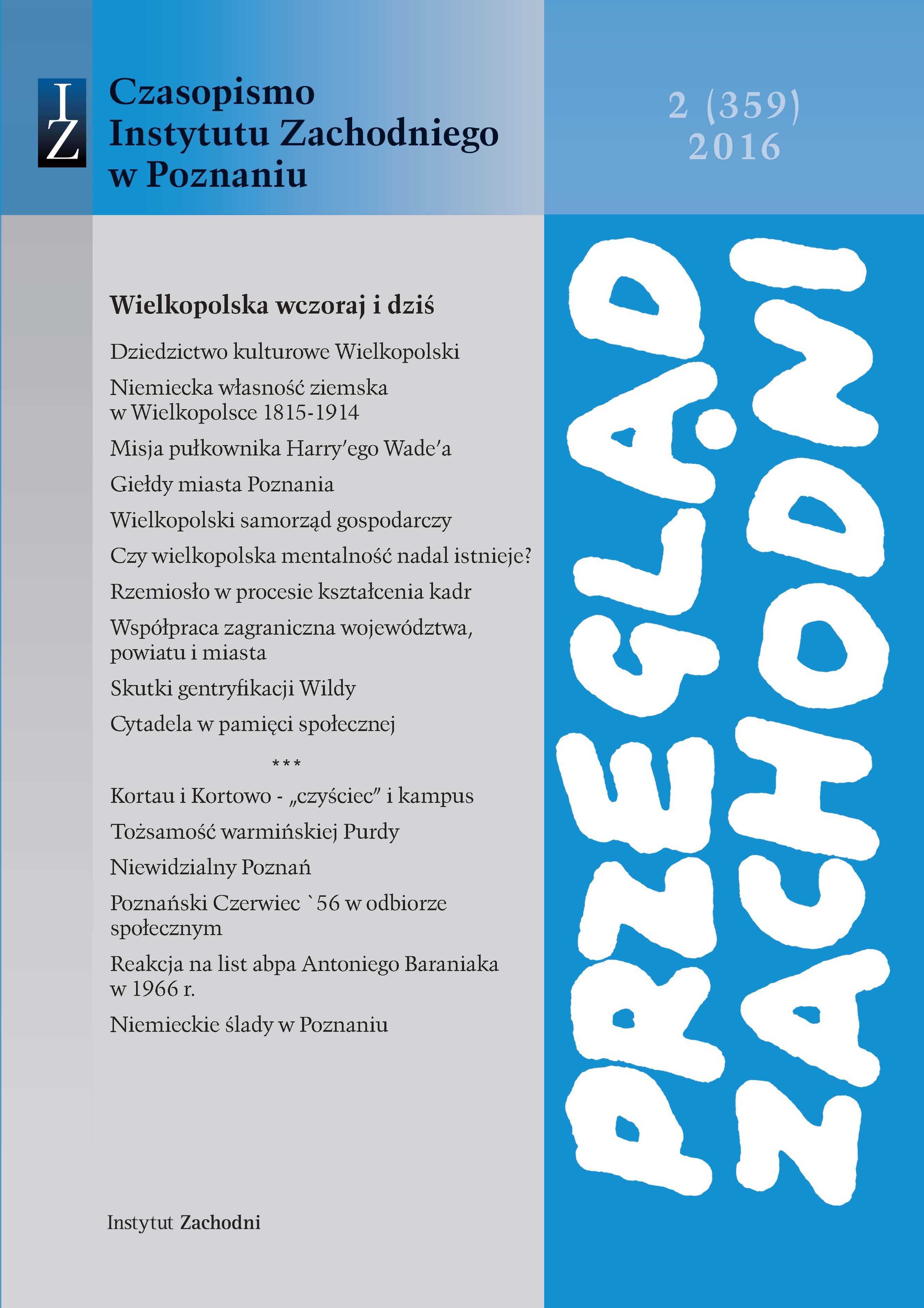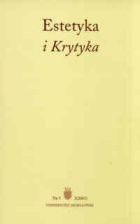
Does the Greater Poland mindset still exist? An analysis based of Social Diagnosis 2015
Czy wielkopolska mentalność istnieje? Analiza oparta na danych Diagnozy Społeczej 2015
Keywords: Greater Poland mindset; "Social Diagnosis"; self-steering; task orientation; pro-social attitudes; law and order
The point of departure of the analyses presented in the article is both a scholarly and common conviction about the existence and functioning of a set of beliefs and norms specific to the inhabitants of Greater Poland, something that might be called the Greater Poland mindset. It formed on the basis of experiences of life under Prussian rule and patriotically motivated transformations of ways of managing economy which shaped of a mentality concurrently national and capitalistic. Although the period of the Polish People’s Republic did not facilitate its cultivation, after 1989 the occurrence of such constituent elements of the Greater Poland mindset as frugality, economy, law and order, pro-social attitudes was still diagnosed. Using the data supplied by “Social Diagnosis” 2015 analyses were done to verify the hypothesis of more intense manifestations of selected features corresponding to the Greater Poland mindset, viz. self-steering, task orientation, pro-social attitudes and law and order among inhabitants of Greater Poland compared to other parts of the country. Other analyzed issues comprised the differences in the intensity of these features within Greater Poland and the centrality of the Poznań subregion. The obtained results justify the claim that clear differences are only revealed in a comparison of the Poznań subregion to all the other voivodeships. This observation leads in turn to the conclusion that today we should speak of the existence of the Poznań mindset rather than the Great Poland one.
More...
